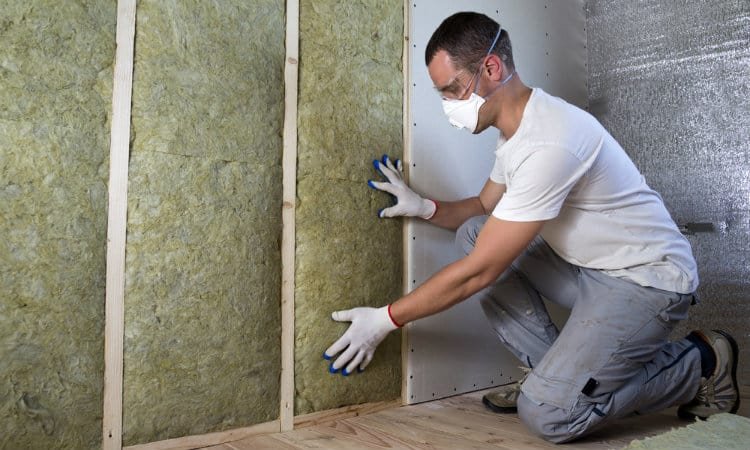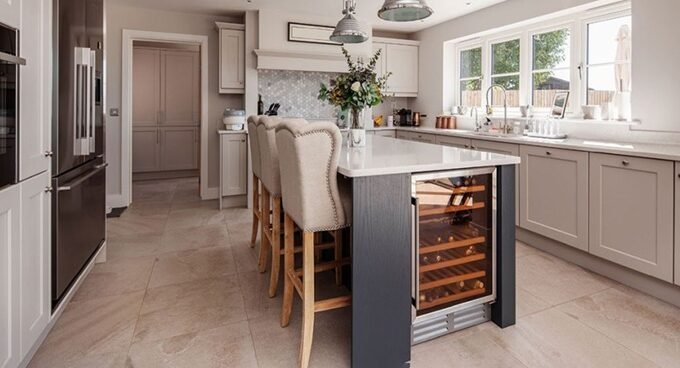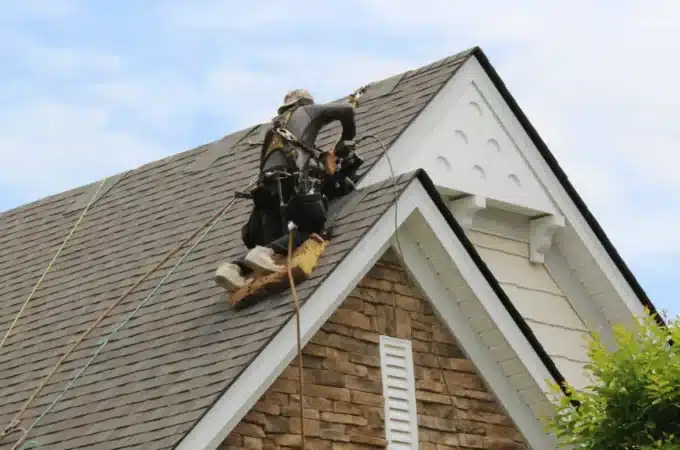
The 3 Strategies To Help Soundproof Your Home
When you’re at home, you want to shut out the world. Your home is your oasis where you can relax and unwind. When your house is not soundproofed, it can be quite loud from the noises from outside or even from other rooms and can be annoying. It can make it hard to relax, sleep, or concentrate.
It’s important to soundproof your house so you can find some peace. Soundproofing means taking steps to keep unwanted noise out of your home, and also to stop noises from your home from bothering others. This can include noises like cars honking, dogs barking, or music playing. In this article, we will go over several strategies to help.
Table of Contents
Toggle1 – Doors and windows
To cut down on noise coming into your home, paying attention to your doors and windows is key. Sealing any openings with weatherstripping can make a big difference. This simple fix helps to keep noise out by closing the small gaps around your doors and windows. As a bonus, these fixes that can be purchased from North Shore Commercial Door can also keep out pests.
Replacing old windows with new double or triple-pane windows is another effective way to soundproof your home. These windows have several layers of glass with air or special gasses in between, acting as a strong barrier against noise.
If you have hollow doors, they are likely allowing a lot of noise into the home. Upgrading to solid core doors is also a smart move for reducing sound transmission. Unlike their hollow ones, solid core doors are much heavier and denser, making them excellent at blocking noise.
2 – Insulate the walls
Making your walls better at stopping noise can really help quieten your home. One way to do this is by using something called mass-loaded vinyl (MLV). MLV is a special heavy material that you stick to your walls. It’s great because it doesn’t take up much room but can block a lot of noise.
You can also put up acoustic panels and foam on your walls. These materials are good at soaking up sound, which helps stop echoes and reduces the noise that bounces around a room. Acoustic panels are easy to hang on walls and can make a big difference. Foam works in a similar way and is also easy to use.
3 – Floors
For floors, adding carpeting and using underlayment are great ways to reduce noise. Carpeting naturally absorbs sound, making it an excellent choice for quieting footsteps and other noises. If you live in an apartment, dampening the sound from the apartment below will improve your quality of life.
Underneath the carpet, you can add a layer of special material that goes between the carpet and the floor which helps to absorb even more sound and can make your floors much quieter.
Installing a floating floor can be an effective way to soundproof. This method involves laying a floor that does not directly attach to the subfloor. Instead, it floats on top of a layer of foam.






